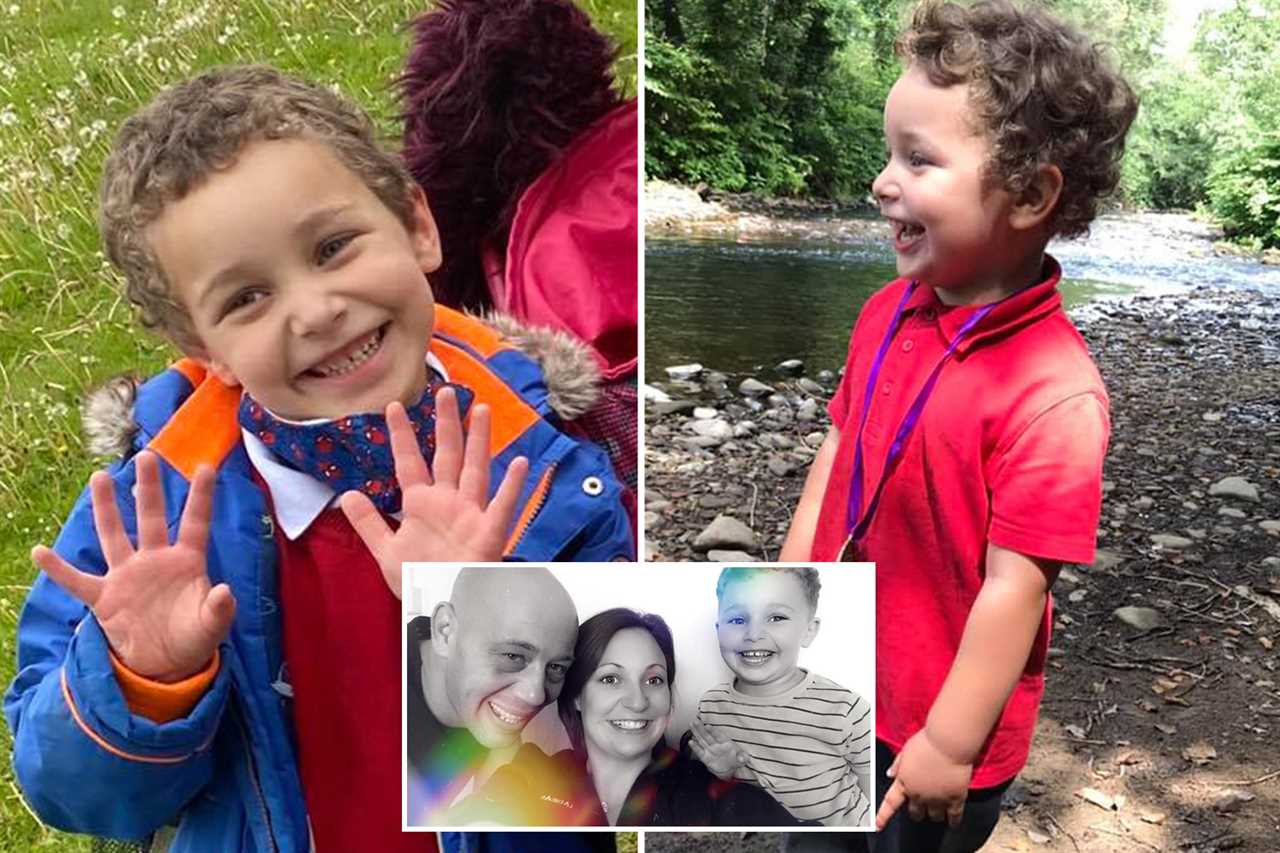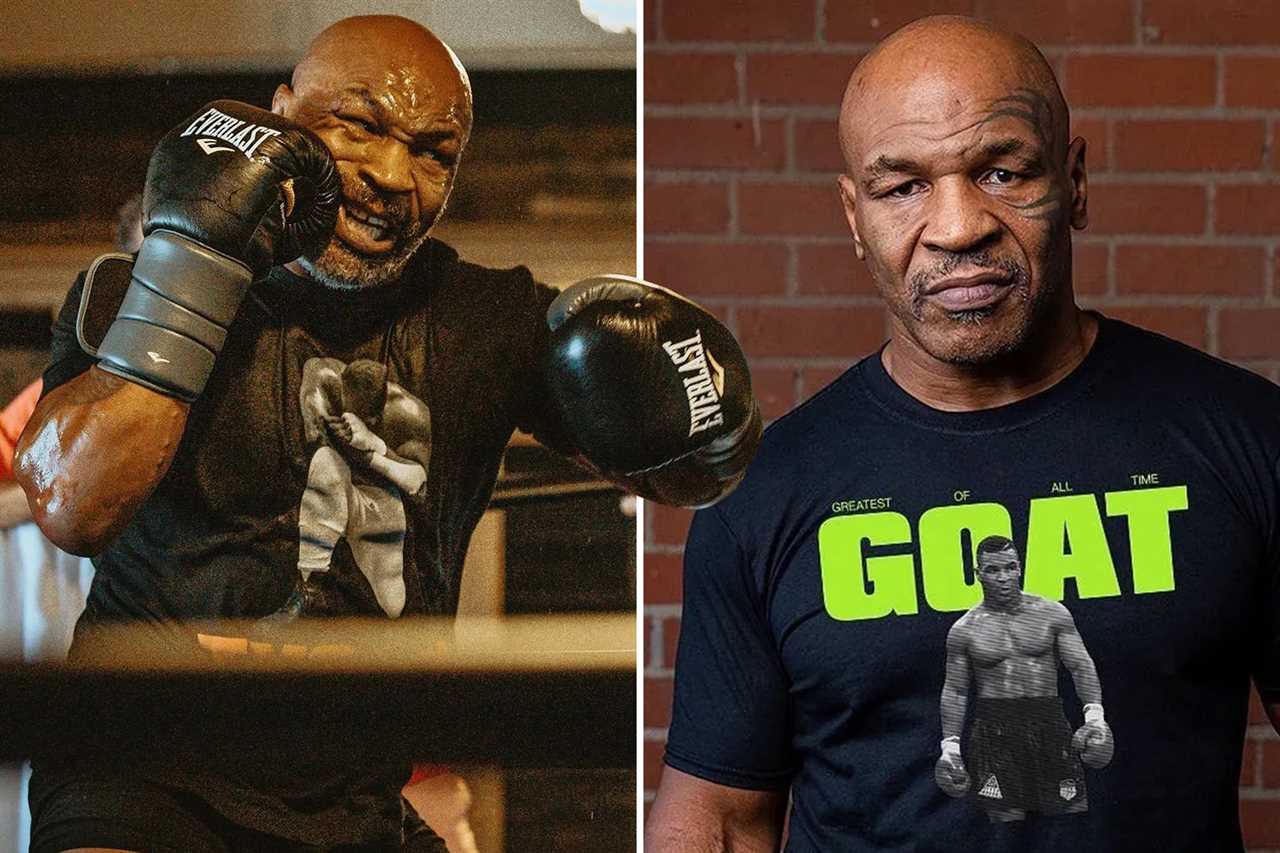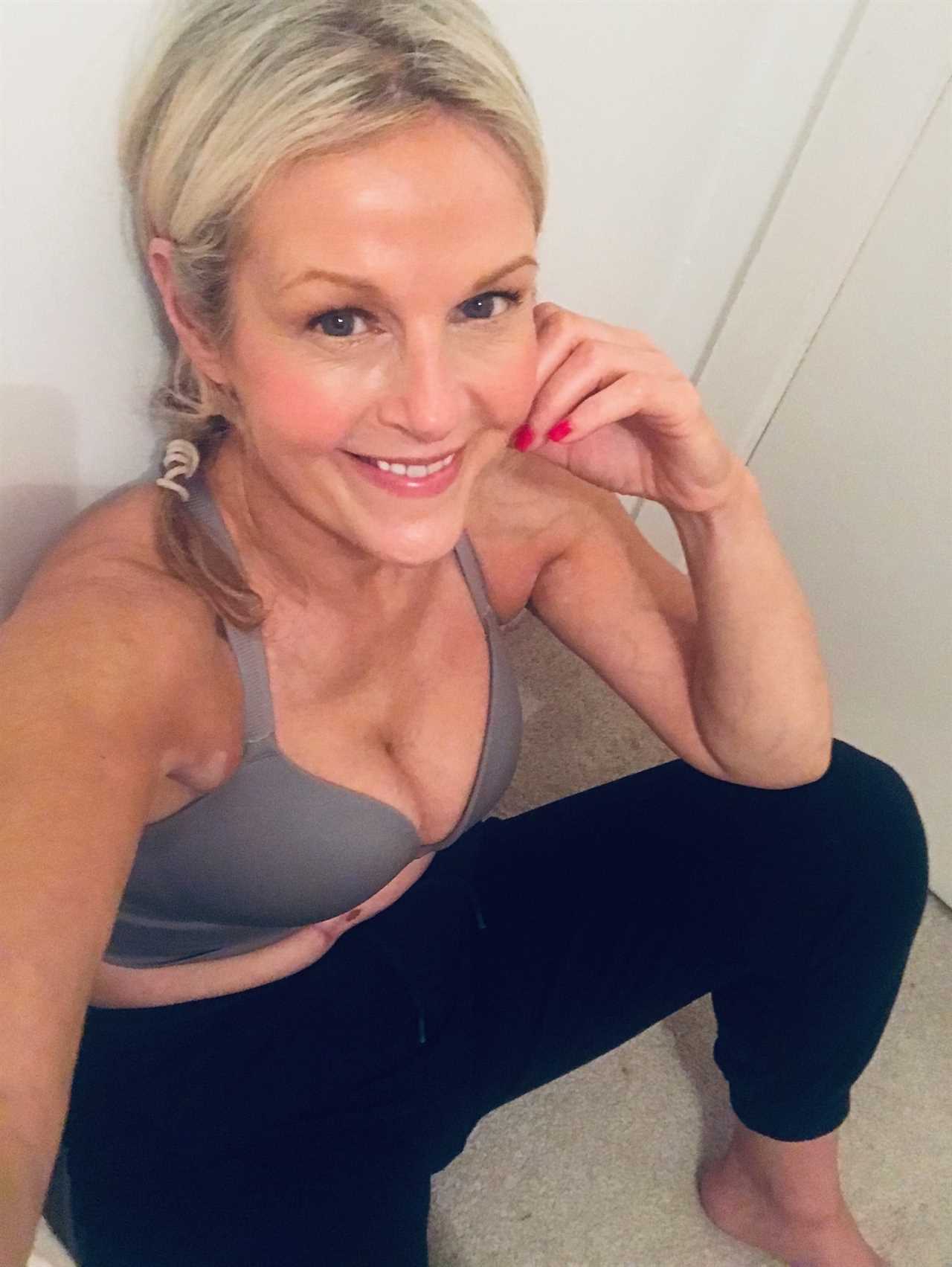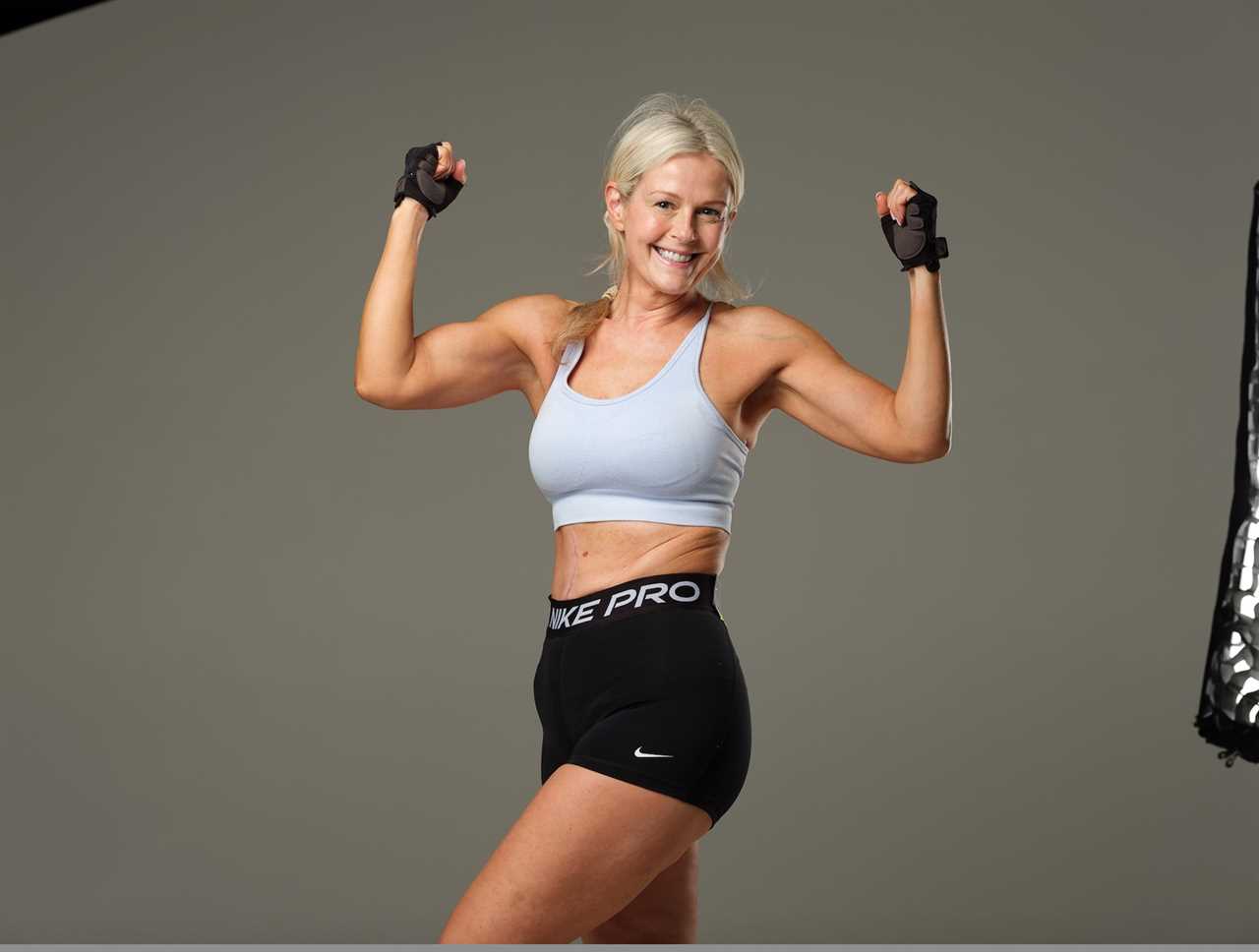KATHY McAllister had been having bowel problems for years.
The 51-year-old from Lisburn in Northern Ireland suffered from a sensitive stomach, constipation and diarrhoea, but put it down to Irritable Bowel Syndrome (IBS).
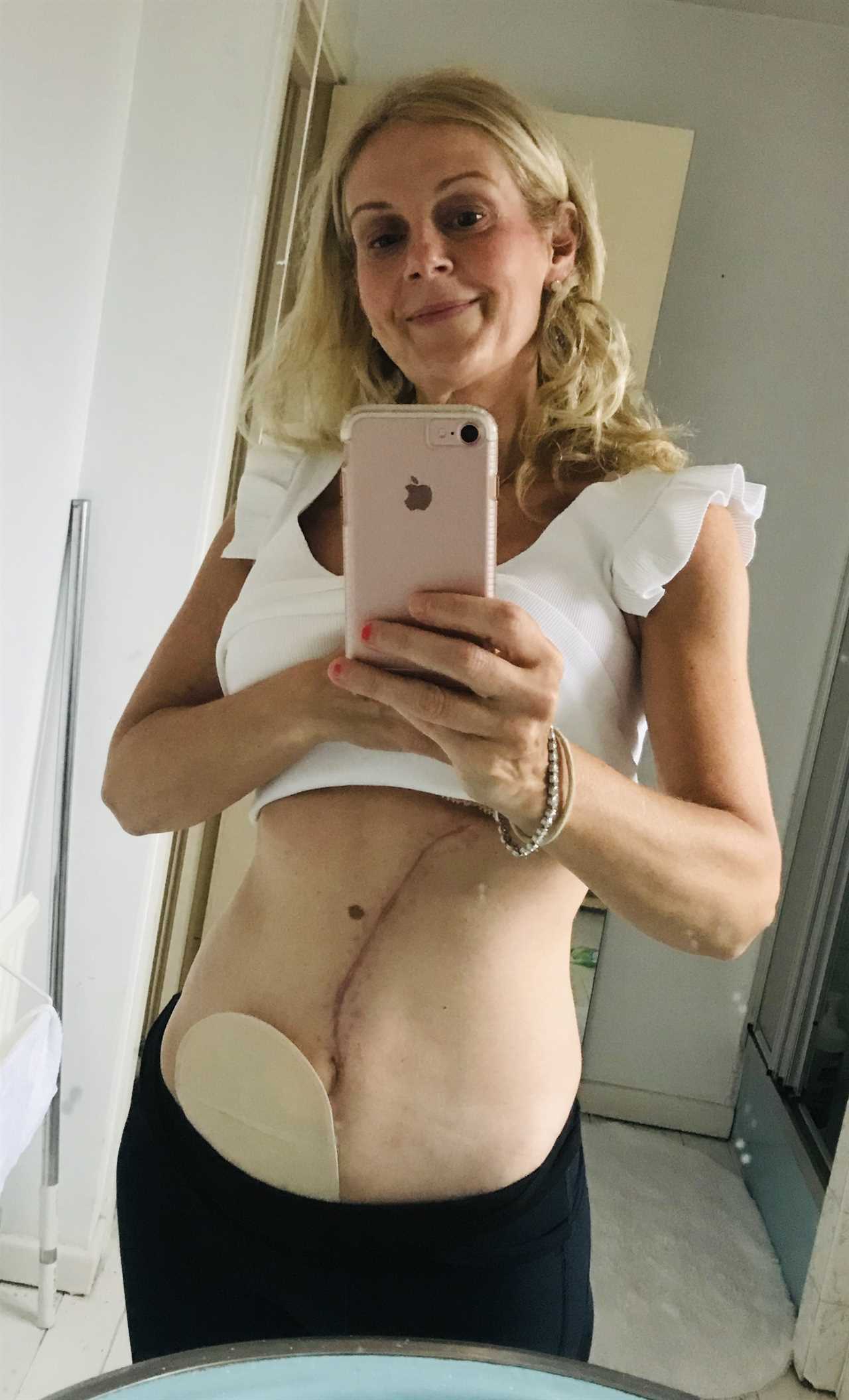
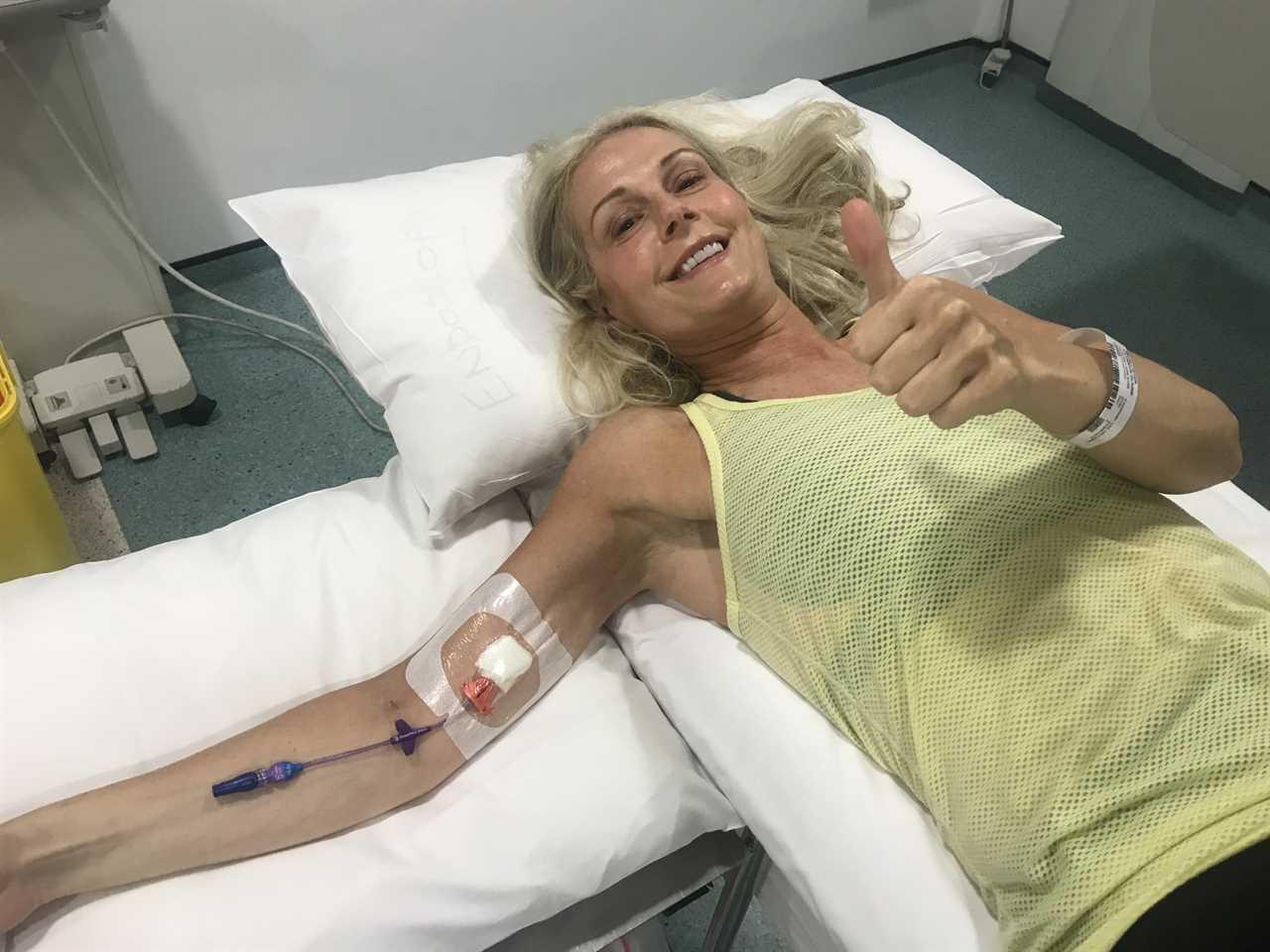
On occasion, she also saw blood in her stools, but thought this was piles.
Eventually, however, her symptoms became too drastic to ignore.
When keen runner Kathy, a former marketing director, found she was unable to go for a jog without having to rush for the loo, she knew something was badly wrong.
Tests revealed she had a lump, and a colonoscopy confirmed it was Stage 3 bowel cancer.
Kathy says: “I thought I had IBS for years. I’d suffered from classic symptoms like gas, constipation and diarrhoea, and tried to rule out foods I thought I might be intolerant to.
“Then, about six months before diagnosis, I started to get some bleeding too, which I thought was piles.
“That’s the problem with bowel cancer.
“Everyone thinks it happens to older people who have an unhealthy lifestyle, which means young people will often ignore symptoms or have them dismissed by GPs.
“The thing is, you get complacent because you think you know what’s wrong with you, and you buy over-the-counter medication to treat it.
“I’ve been told my cancer could have been growing for up to 10 years.”
Trending In The News’s No Time 2 Lose campaign called on the Government to lower the age limit for bowel cancer screening from 60 to 50 – and as a result life-saving stool tests are now available for 56 year olds and will be rolled out to everyone over 50.
WORST FEARS REALISED
In September 2019, Kathy went to see her doctor, who performed a Digital Rectal Exam.
“Immediately, the GP said, ‘There’s something there that shouldn’t be there,’” she says.
“I said, ‘It’s not cancer is it? It couldn’t be cancer?’ but she just told me I needed to go to the hospital urgently to get it looked at.
“When I saw the colorectal surgeon, he confirmed my worst fears. My world fell apart.”
Kathy had a nine-centimetre lump in her bowel which had turned cancerous and spread into the lymph nodes.
She embarked on a 25-day course of chemotherapy and radiation treatment.
“The thing is, bowel cancer is very treatable if it’s caught in the early stages,” she says.
“But if you’ve progressed beyond that stage, you have to go through all of these brutal treatments to get rid of it.
“The reality is that radiation treatment is literally burning your insides.
“I couldn’t go to the loo without taking morphine or Co-codamol first, and even then it was excruciating.
“I thought I would pass out with the pain.”
After the treatment ended, Kathy left London, where she’d lived for 20 years, to recuperate at her family’s cottage near Giant’s Causeway in Northern Ireland.
But in April 2020, just as the pandemic hit, she was given the bad news that her treatment hadn’t worked.
Surgery to remove her rectum and anus was the only option.
She would be left with a permanent stoma, which is an opening on the stomach to let waste out of the body.
She says: “I did everything I could to avoid having surgery and got a second opinion back in London, but the surgeons agreed I had to have it done.
“I just couldn’t bear the thought of living with a stoma and colostomy bag – I’ve always been very insecure about how I looked.
“I love doing exercise, and thought I was facing a future of being stuck at home.
“It was the biggest blow you can imagine.
“Waking up in hospital on my own after the operation was horrific. I felt suicidal.
“The staff were terrified of getting Covid or giving it to the patients and I couldn’t have visitors.
“I don’t know how I got through those four weeks in hospital.
“It was really frightening, like being a prisoner, and at the same time I had to deal with what had happened to my body.”
Eventually, however, Kathy started to feel better, with the support of some close friends.
Her first goal was to get out of the hospital, and get home.
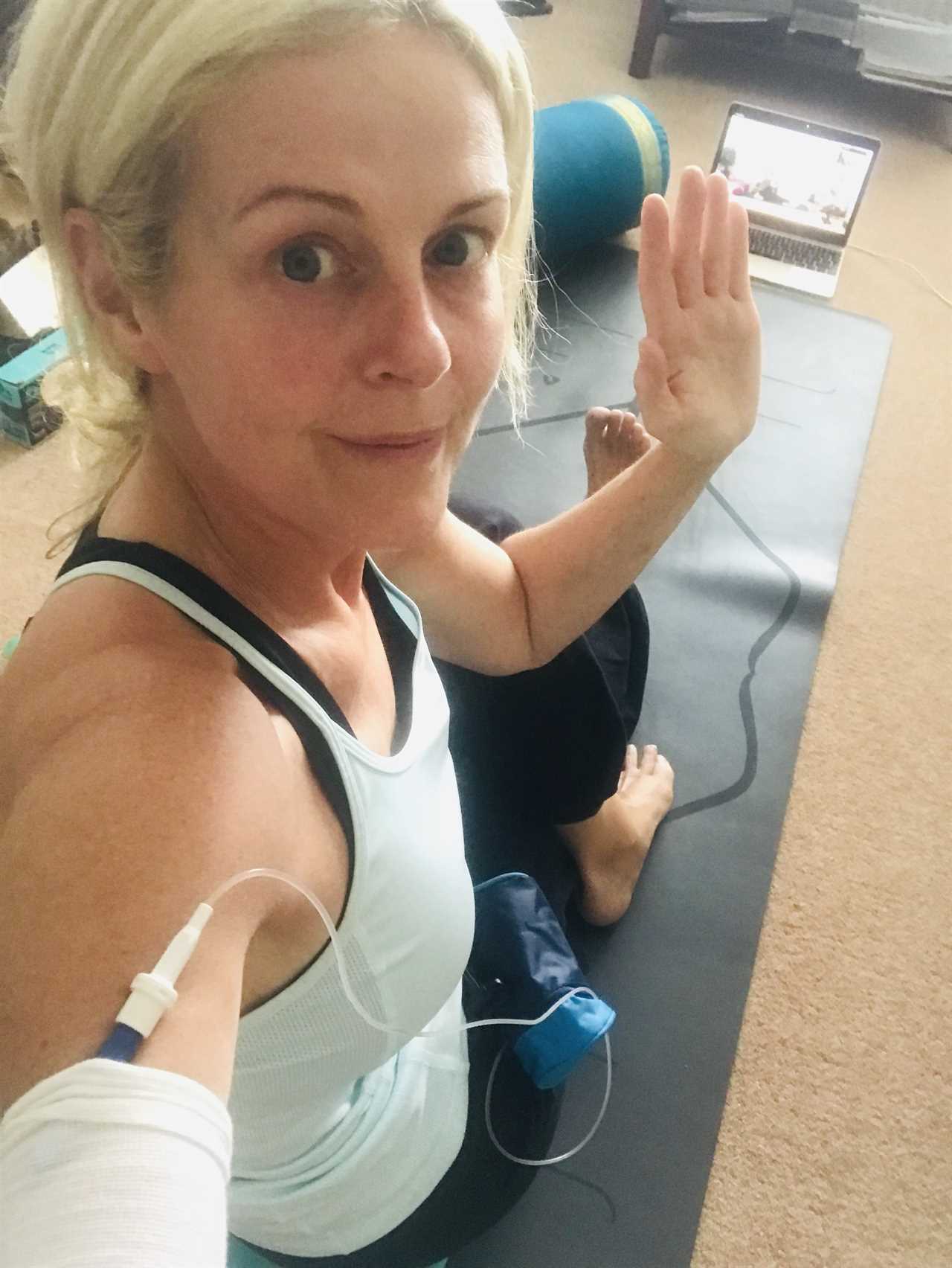
Then, a few weeks later, in June 2020, she turned a corner.
“I started to feel so grateful I was still alive.
“I’d been lying in the garden in the hot weather as I recovered, and it brightened me up.
“I suddenly felt I could deal with this after all, and that nothing had ever beaten me before.
“I said to myself, ‘This is a real test, a real trial, but I’m strong’.”
At the same time, Kathy was inspired to launch her own campaign to raise awareness of the symptoms of bowel cancer.
“Everyone kept saying to me, ‘But how could you get it? You’re so healthy.’
“One day, I caught sight of myself in my bikini and it was the first time I’d really seen the bag in the mirror.
“I could see what the cancer had done to my body.
“The reality of it made me think, ‘What if other people could see this?’
“Perhaps it would make them less complacent about possible symptoms.”

